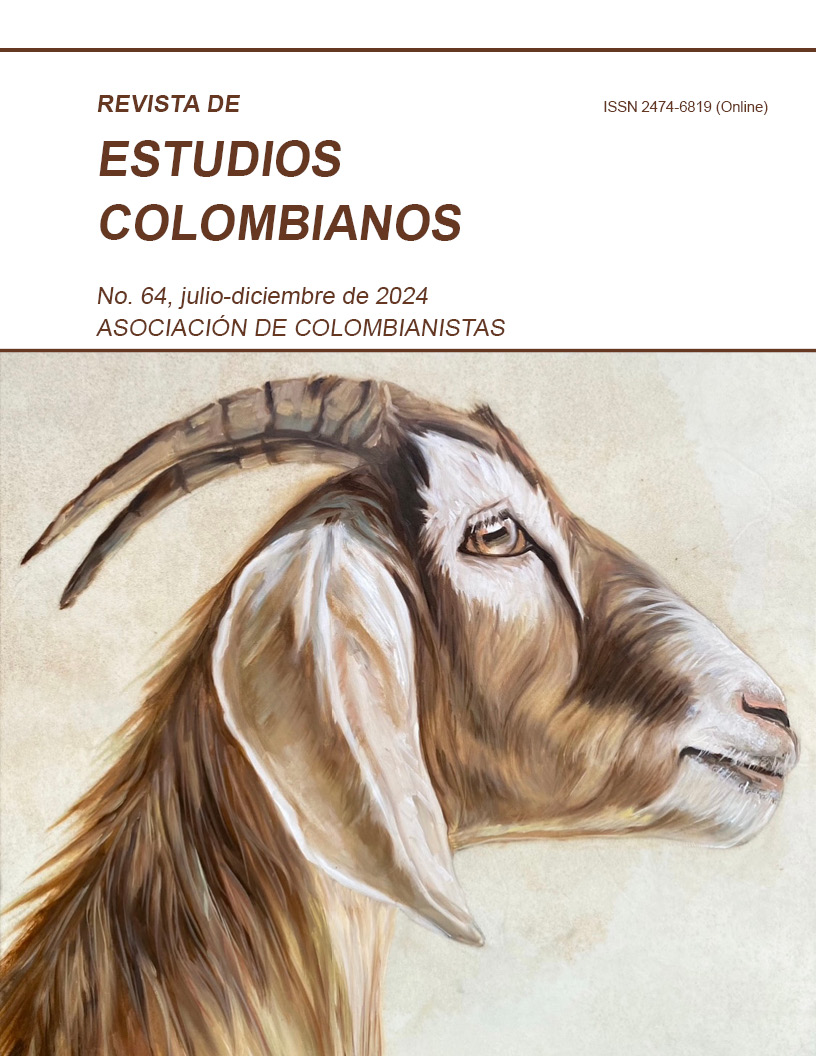Peace radio stations: the challenge of building peace from the territories in Colombia
Main Article Content
Abstract
The Final Agreement for the Termination of the Conflict and the Construction of a Stable and Lasting Peace, signed in November 2016 between the government of Colombia and the extinct FARC-EP guerrilla, was proposed, as a commitment of the State, to implement of 20 public interest radio stations, in order to teach about the Final Peace Agreement and publicing the progress in its implementation. Located in territories strongly affected by the armed confrontation, peace radio stations are projected as sui generis scenarios in the Colombian transitional horizon. Consequently, the article records the findings obtained in a first systematic exercise of the emergence and consolidation of radio stations, which includes learning, difficulties, challenges and expectations. The approach problematizes and discusses the importance for broadcasters of working from peace journalism, since they have the capacity and opportunity to promote narratives and representations that, far from the story of war and violence, explore ethnic and cultural wealth. and social that characterizes the territories and their communities. With an ethnographic approach, it concluded that peace radio stations have to build their own identity that separates them from the political interests of the government, as well as discuss the political narratives that want to associate them with the interests of insurgent groups. Peace radio stations are scenarios that provide the opportunity to foster communicative and informative ecosystems that offer different perspectives on the realities experienced in territories where violence still persists, at the local and regional level.
